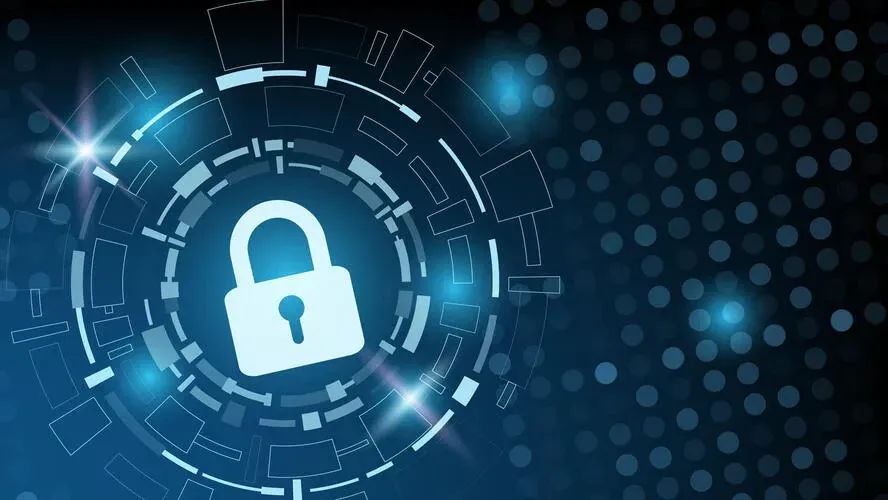There is a common misconception that big businesses are the most obvious target of cyber threats and hackers. Although these entities are advantageous targets, they are also extremely tough ones.
On the other hand, small businesses have access to data and money, which makes them great targets, but simultaneously, they usually have much lower defenses.
Continue reading to find out what are the essential cybersecurity strategies for small businesses.
Do Small Businesses Need to Care about Cybersecurity?
Even though there are lots of advantages when it comes to being a small business, one of the areas where small businesses lack the upper hand is cybersecurity.
Large companies can protect their networks against hackers and cybersecurity threats since they have the resources to do so.
Oppositely, small businesses have fewer resources and tighter budgets, which is one of the main reasons for attacks on small businesses.
Why Your Small Business Is Attractive to Cyberattacks?
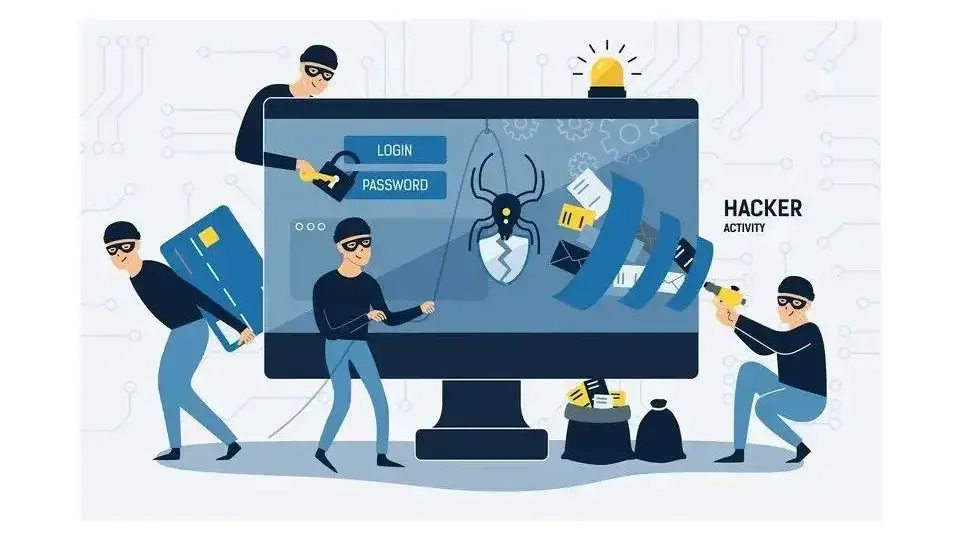
Fewer resources for security
Small business budgets are usually very tight, making it very difficult to leave room for resources for IT. In addition, since IT is an ongoing process, companies don't have the resources to pay someone to take care of threats continuously.
Data/Information you have
With data such as proprietary business information, bank account credentials, social security numbers, credit card information, or medical records, you can quickly profit on places like the Dark Web. Small businesses are often under cyber-attacks since they traffic in data.
A way to reach larger companies
Nowadays, businesses are connected to each other digitally in order to share information, manage supply chains, and complete transactions. Since large companies are harder to get to, hackers usually target their smaller partners as a way to get into their system.
Computer power
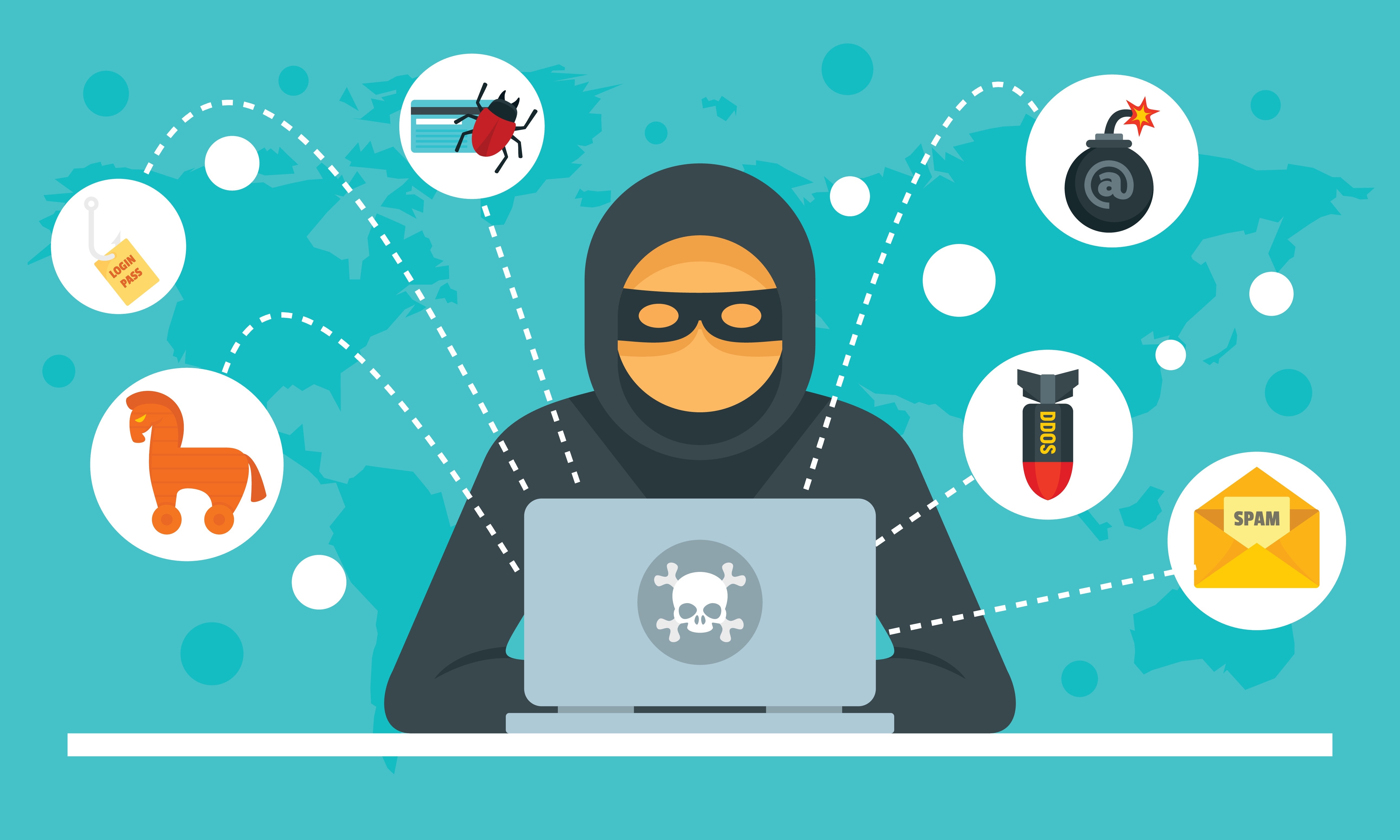
One of the reasons for hacker attacks on smaller businesses is to recruit them to perform massive DDoS attacks as an army of bots. To disrupt service to a group of companies or one company, DDoS generates vast amounts of web traffic, and the bots help in that.
Money
The most straightforward motive for attacks by cybercriminals is cash. This is the reason why one of the most popular methods of attack is ransomware because it generates money. We can be sure that hackers will keep using it as long as it proves efficient.
Underestimated risk
Companies take an enormous risk when they decide to ignore cybersecurity. The risk doesn't only affect them, but it affects their suppliers, partners, and customers. Hackers know that smaller businesses think they aren't a likely target for cybercriminals, so they use it to their advantage.
Insufficient Cyber Security Training

Since small business owners usually manage the business, they don't have plenty of time to supervise, educate, or train their employees. As a result, the company can be left susceptible to cyber attacks due to employee negligence who download unauthorized internet apps or forget to change their passwords.
Cyber Security Tips for Small Businesses:

Network security
One of the essential things you need to do is set up a strong password for your Wi-Fi network in order to restrict access.

Domain privacy
A domain privacy plan protects your phone number, mailing address, email, and name, for people who search your site in the database by ICANN's Whois.

SSL Certificate
If you collect information from your visitors or run an eCommerce store, you must have an SSL certificate. It keeps the data sent from your visitors is encrypted, and cyber attackers aren't able to see it

VPNs and firewalls
Virtual private networks (VPNs) and firewalls are something you should consider investing in. When implemented correctly, these defense lines can be highly effective.
Updates and upgrades
Regularly upgrading and updating the tools you use are one of the best ways to improve your business's cyber security, even though it's one of the most commonly overlooked strategies.
Developers and programmers are constantly searching for new threats, and in case they find one, they immediately issue a patch. But you'll have to install this patch in order to take advantage of it, so make sure your software and devices are updated.
Data backups
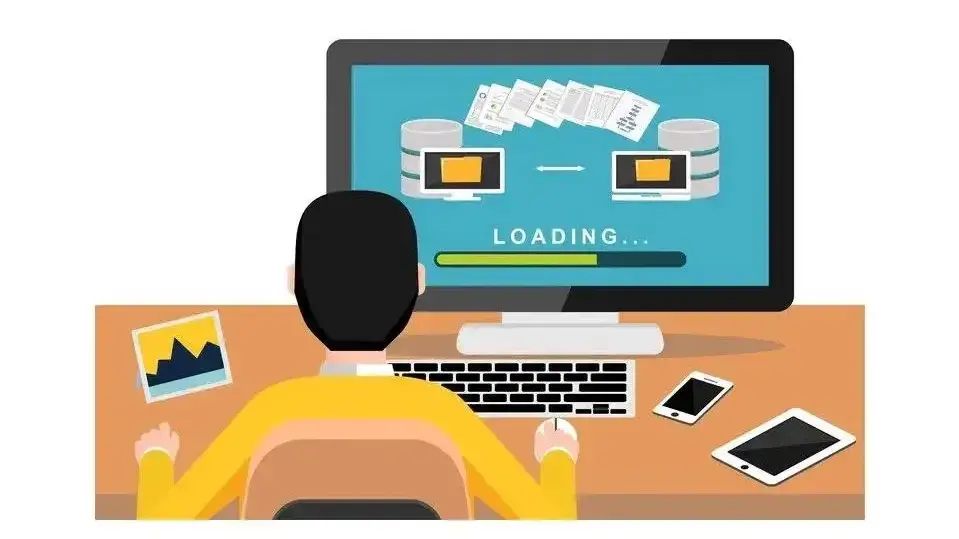
Having several backups of the data of your business is always a good idea. By having a backup plan, if a natural disaster occurs or you've fallen in the hands of a cyber attacker, or you're someone restricted from accessing your data, you won't have to worry about anything because you will be covered.
Automatic Malware Scans
All websites are at constant risk for malware injections that can let criminals take over the sites and steal their data. This is due to the fact the cybercriminals are armed with malicious code and botnets.
Therefore, sites need to be closely monitored for any attacks, and automatic malware scans are a great way to do that. There are many tools that will scan your website and give you daily protection from botnet and malware attacks.
Customer site login protection
Customers can quickly sign into their accounts with your business or store through login forms on your website. However, attackers can easily break in through these forms since they create vulnerabilities.
In order to keep botnet attacks and cybercriminals from trying thousands of login credentials and getting the correct combination, extra layers of protection need to be added to the customer sign-in forms. For example, you can add a reCAPTCHA tool to prove they're not a robot or limit the number of login attempts.
Segmented and limited employee access
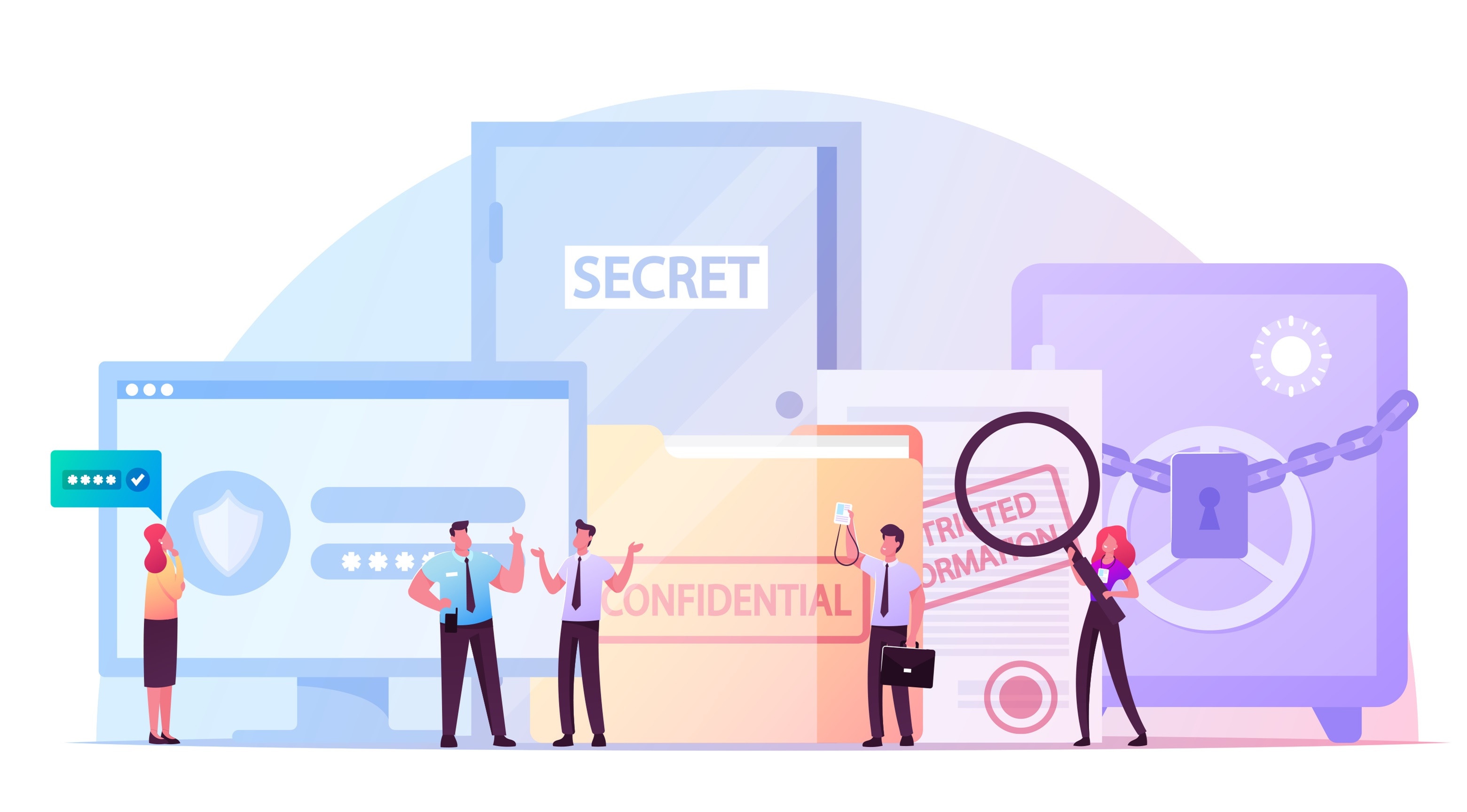
What's also a wise idea is limiting and segmenting the access your employees have to data and systems owned by your business.
It is essential to think about the possibility that not all cyber attacks come from spiteful hackers, but instead, they can come from someone working alongside you. Therefore, you can limit the damage that a single user can do by tightening the control of employee access.
Secure web hosting
Some web hosts don't follow the best practices for web hosting security, and some of the web hosts that are free are often used by cybercriminals to steal your sensitive data and disseminate malware.
You need to ensure that your web host is taking cybersecurity seriously. If you're looking for secure web hosting, make sure you read more Privacy & Security on our blog.
Cloud technologies
It's crucial that cloud-based applications and infrastructure are kept secure since lots of small businesses turn to them to get the wanted infrastructure for their company. Systems that are cloud-based are highly available, efficient, and cost-effective. However, they aren't all the same.
So, it is vital that you choose cloud applications and platforms that provide you with the maximum level of security out there. Verpex offers Cloud web hosting with 24/7 expert support and a 60-day money-back guarantee, so make sure you check out our offers!
Growth potential
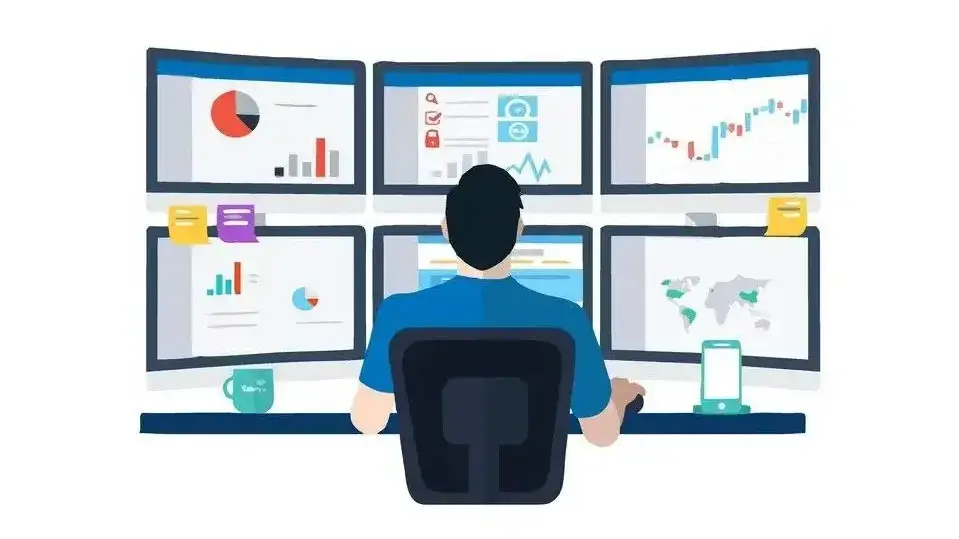
You need to find a cyber security strategy that will allow your business to grow. Focus on companies that offer full sites of security options, even options that you aren’t planning on for now but will need on the long run.
Security culture
One breach in your system can cost you lots of money, so you must make cybersecurity one of your top priorities.
To do this, you will also need to cultivate a culture in your company that is conscious of security. All of your employees should know how important security is, not only those who work for IT. Cybersecurity will be taken much more seriously if everyone working in your company has the same priorities.
Avoid cheap options
You don’t like to pay for a company that install some software and then leave. You can’t get the protection you need by a company that claims to specialize in a certain field.
Cyber Security Investments
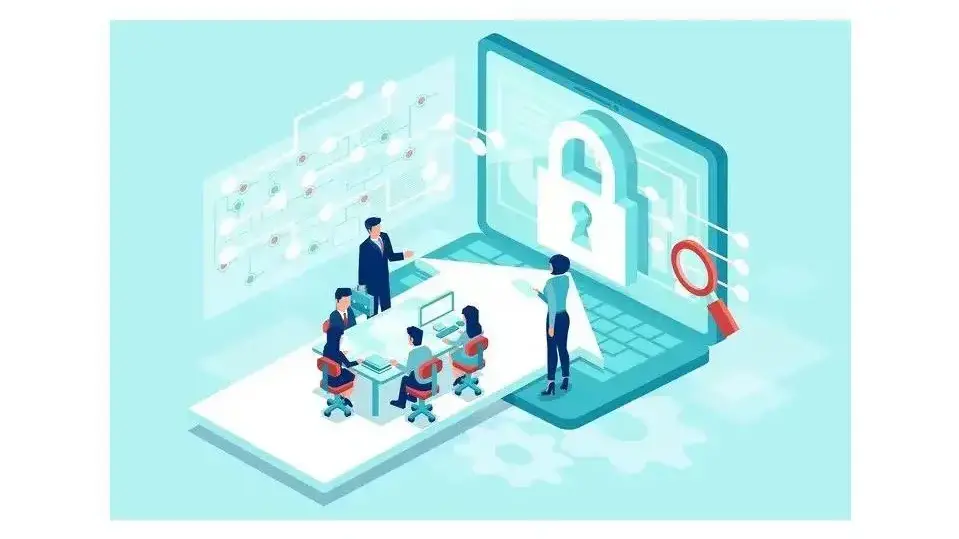
Before you run into some problems, make sure you invest in a cybersecurity strategy. This option is far better than running into some issues and then repairing the damage that is done. No matter if you think that your business is too small of a target for cyber attackers, there still is a high risk for your company to be attacked.
By investing in a cybersecurity strategy, you will be able to minimize or completely shut down any threats that may occur.
Summary
The consequences of a cyber-attack can be pretty serious, and many businesses can even shut down as a result. So, pick a cybersecurity strategy and prepare for the worst, now that you know that even small businesses can fall prey to these attacks. This will ensure that your customers are happy for the long term, and you won't suffer any losses as a business.
Verpex provides small businesses with secure and effective hosting solutions, so make sure you check out our best web hosting plans for small business.
Frequently Asked Questions
What is the aim of cyber-attacks?
Cyber-attacks usually aim at military, government, enterprise, and other infrastructural assets of citizens, which can include computational infrastructure and physical infrastructure.
What is the impact of a cyber-attack?
Some of the consequences businesses experience are: financial losses from disruption of the business, financial losses from theft of banking information, and high costs to rid your network of threats.
What are the costs of a cyber-attack?
Besides losing a lot of money, cyberattacks also damage the reputation of a business. This is the reason why CEOs sometimes step down from their jobs after a cyber-attack.
Why do we need cybersecurity?
Cybersecurity is much needed since the sophistication and volume of cyber-attacks and increasing and posing threats to governments, enterprises, and businesses.
What's the best way to learn about cybersecurity?
The best way to learn cybersecurity is to combine the hands-on best practices and the best theory. The easiest way is through online courses and classes, as well as articles regarding cybersecurity.
What’s at risk with a cyber-attack?
If a cyber attacker accesses your network, they can do damage on several things, such as manufacturing processes, expansions plans, product designs, your pricing structure, your company’s banking details, customer credit card information, and access to client lists.

I've been navigating the web hosting waters for years now. As the Chief Editor at Verpex, I team up with some awesome writers to dish out the good stuff on hosting. Got a Master's in Journalism, so I always have an eye out for quality. Whether you're just dipping your toes or you're a seasoned surfer, I'm here to make everything web hosting feel like a breeze
View all posts by Julia Lozanov















